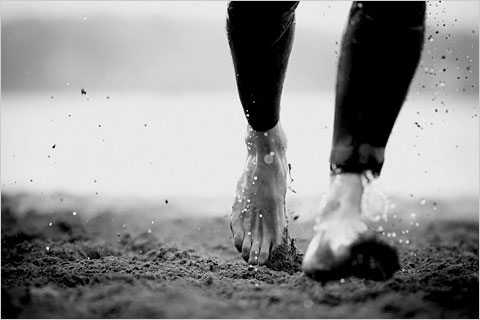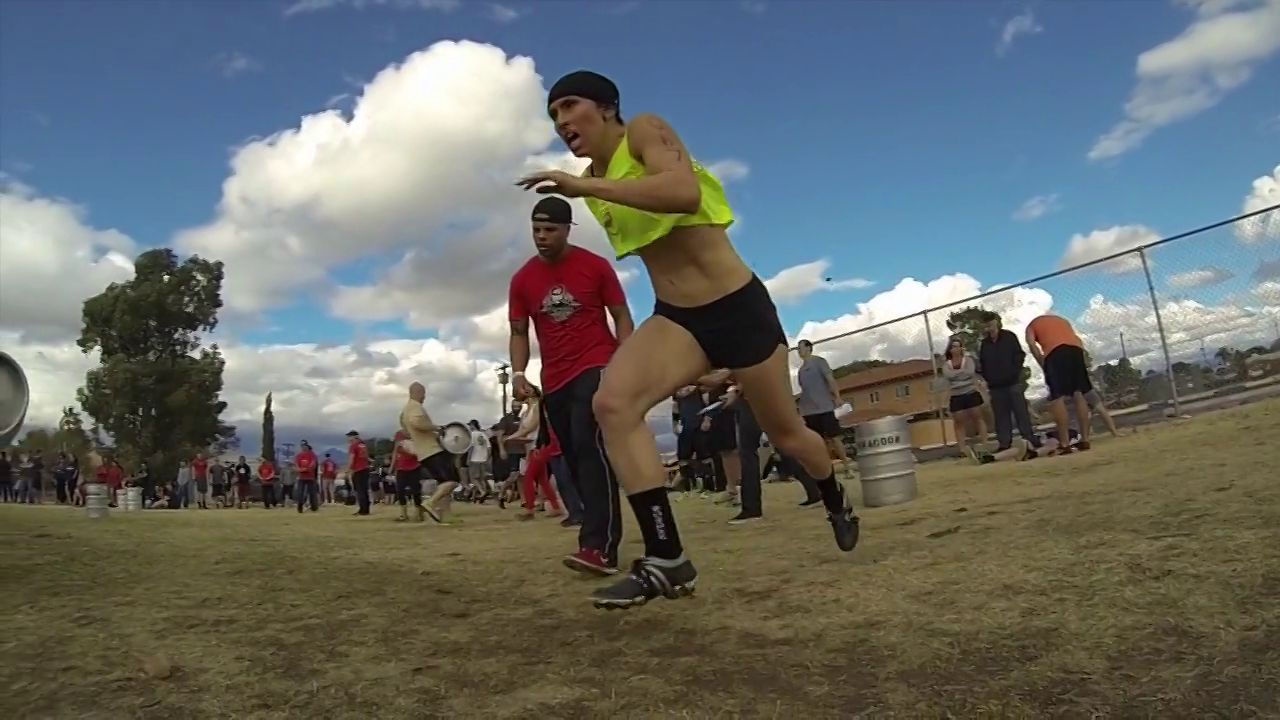
The feet are often the forgotten body part, but they deserve just as much attention as the other parts of our bodies. The feet are responsible for supporting our entire body weight and keeping us balanced. They also help us move around, which means they’re constantly in use. Because of this, it’s important to take care of our feet and keep them healthy.
Unfortunately, many people don’t give their feet the TLC they need, and this can lead to a number of foot complications. If you want to keep your feet pain-free and healthy and reduce your risk of developing foot complications, keep reading on!
In this article, we’ll be discussing eight tips to help you reduce foot complications and keep your feet healthy.
So, without further ado, let’s get started!
-
Wear Comfortable Shoes
One of the most effective ways to reduce foot complications is to wear comfortable shoes. This might seem like a no-brainer, but so many people choose style over comfort when it comes to their footwear. High heels, tight dress shoes, and other fashionable but uncomfortable shoes can cause a number of foot problems, including bunions, blisters, corns, calluses, and more.
If you want to maintain your feet happy and healthy, make sure to choose shoes that are properly fitted and feel comfortable. Make sure to try on shoes before you buy them and walk around in them to make sure they’re comfortable.
-
Keep Your Feet Clean and Dry
Another important tip for reducing foot complications is to keep your feet clean and dry. This helps to prevent infection and other problems.
Wash your feet every day with soap and water. Make sure to wash between the toes to get rid of any dirt or bacteria that could cause an infection. After washing your feet, dry them thoroughly, especially between the toes.
If your feet are frequently sweaty, consider using an antiperspirant on your feet to help keep them dry.
-
Trim Your Nails Regularly
Another simple but important tip for foot care is to trim your nails regularly. This helps to prevent ingrown toenails and other problems.
Be sure to trim your nails straight across and not too short, as this might cause discomfort. If you’re unsure how to trim your nails, ask your podiatrist or another medical professional for help.
-
Don’t Go Barefoot
Going barefoot might feel good, but it’s actually not good for your feet. Walking around without shoes can lead to a number of problems, including cuts, scrapes, and infections.
It’s important to wear shoes, even when you’re just walking around the house. If you must go barefoot, be sure to do it on soft surfaces like carpet or grass to protect your feet.
-
Protect Your Feet from the Cold
Another important tip for foot care is to protect your feet from the cold. This is especially vital if you have diabetes or other health conditions that can cause poor circulation in your feet.
When it’s cold outside, wear socks and shoes to keep your feet warm. If you have to be out in the cold for an extended period of time, wear two pairs of socks to provide extra insulation.
-
Don’t Smoke
Smoking is bad for your health in general, but it’s also bad for your feet. Smoking may cause a number of problems, including poor circulation, nerve damage, and infections.
If you smoke, it’s important to quit. If you need assistance quitting, consult with your doctor about quitting aids like nicotine patches or gum.
-
Exercise Regularly
Exercise is important for overall health, but it’s also important for foot health. Exercise helps to improve circulation and can reduce the risk of problems like foot ulcers.
Before starting to exercise, consult with your doctor if you have diabetes or another condition that affects your feet. Once you get the go-ahead, begin slowly and gradually increase the intensity of your workouts.
-
See Your Doctor Regularly
Finally, one of the best things you may do for your feet is to see your doctor on a regular basis. This is particularly crucial if you have diabetes or another condition that affects your feet.
Your doctor can examine your feet and look for any problems. They can also provide you with advice on how to take care of your feet and prevent problems in the future.
If you cannot visit your doctor regularly because of remote locations or other reasons, consider using remote patient monitoring services to have your feet monitored from afar.
Reduce Your Chances of Developing Foot Complications
Although foot complications can be frustrating and inconvenient, they are often manageable with the right information and care.
We hope that by following these eight tips, you will be able to reduce your risk of developing a foot complication and keep your feet healthy and happy.


















Follow Us